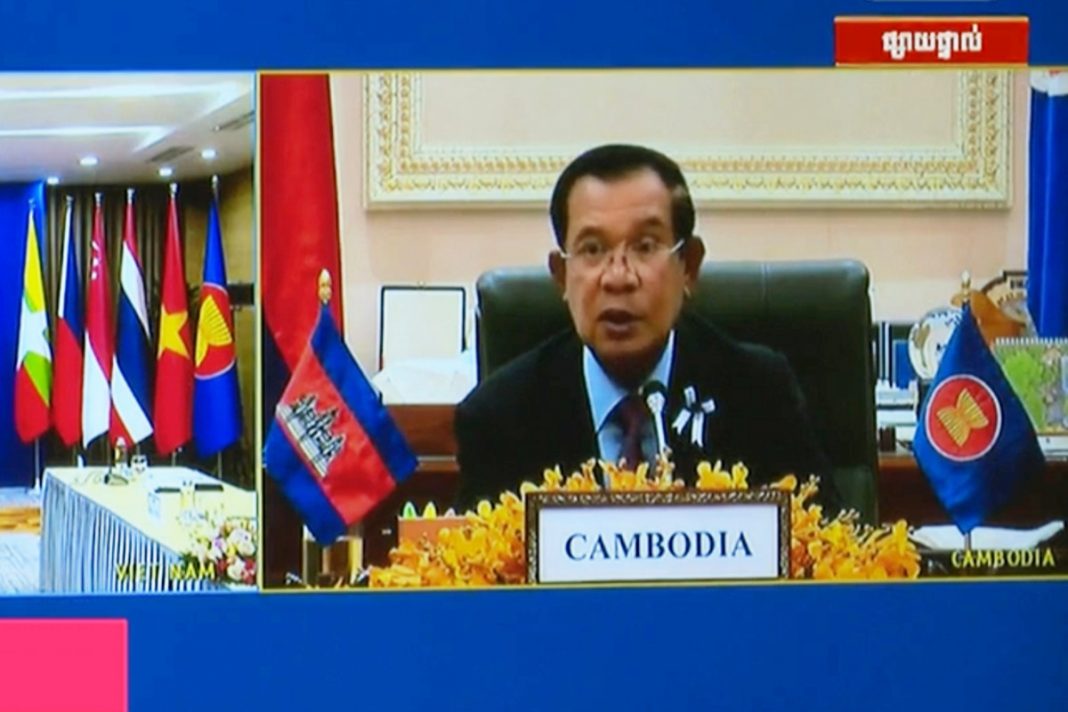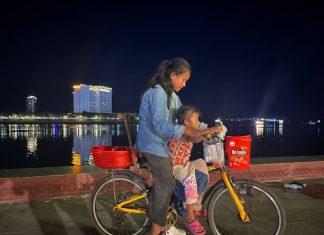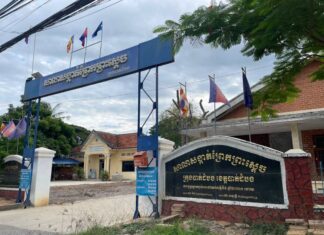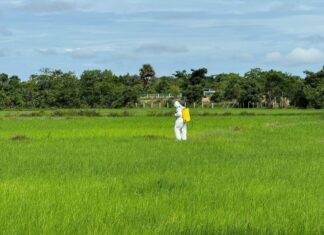Prime Minister Hun Sen has reiterated his support for Timor-Leste to join Asean, saying it will boost the regional bloc’s standing and help realize its founding purpose, though analysts say the small island-nation’s relatively undeveloped economy remains an obstacle.
Speaking at the 36th Asean Summit last month, Hun Sen said Cambodia would continue to lead the push for Timor-Leste’s permanent membership.
“I am optimistic that Timor Leste’s membership is not only strategically important for us in the context of geopolitical competition, but also for fulfilling the dream of the founding father of Asean to unite all countries in the Southeast Asia region under the umbrella of Asean,” he said.
“I would like to reaffirm Cambodia’s full support and look forward to the inclusion of Timor-Leste as a permanent member of Asean,” Hun Sen said.
Sek Sophal, an affiliated researcher for Ritsumeikan University’s Democracy Promotion Center in Japan, said Cambodia’s support for Timor-Leste was less about economic benefits and more about geography and politics.
“Geographically, Timor should be included in Asean,” Sophal said, noting it had gained independence from Indonesia in 1999, and is clearly a part of Southeast Asia. “And when talking about diplomacy and [geo]politics, these are things in which Timor can play a role.”
However, its relatively undeveloped infrastructure and economy remain concerns for some developed counties when it comes to supporting Timor-Leste’s Asean application, said Sophal, who also works at the Cambodian Center for Independent Media as a project officer.
“As a new and small country, the size of Timor’s economy is still small, and the infrastructural capacity of the country is yet limited when it comes to hosting hundreds of high-level Asean meetings when it takes on the chairmanship of Asean,” Sophal added. Asean chairmanship rotates alphabetically every year.
According to the chairman’s statement of the 36th Asean Summit on June 26, a fact-finding mission will be followed by a comprehensive assessment of Timor-Leste’s application. In the meantime, Timor-Leste is encouraged to participate in the bloc’s non-policy-making activities. Timor-Leste welcomed the process in a press release issued by its Foreign Affairs Ministry.
Lim Menghour, deputy director of Mekong Center for Strategic Studies, part of Phnom Penh think-tank the Asian Vision Institute, said Cambodia and other states respect how active Timor-Leste has been in its attempt to become an Asean member state.
“Although small in its size, Timor could raise the voices of ASEAN and its individual member states in the international arena since Timor Leste in an independent country and a UN member state,” Menghour said in a message.
Most Asean member states have directly and indirectly supported the membership of Timor-Leste, but “Singapore has expressed its objection towards this membership,” Menghour added. Singapore has been concerned that Timor-Leste’s relatively undeveloped economy could become a burden on Asean, he said.
Nevertheless, Timor-Leste’s accession would be economically beneficial to the region, Menghour said, noting that although its market is small, it is relatively untapped.
Timor-Leste could also boost Asean’s international recognition as well as provide more balance of power within the bloc, he said. “Cambodia and other developing countries in ASEAN, for instance, could balance with Timor Leste to raise more voices inside the organization.”
Timor-Leste has a population of just 1.3 million, according to the World Bank, and officially applied for Asean membership on March 4, 2011. It joined the U.N. in 2002.












